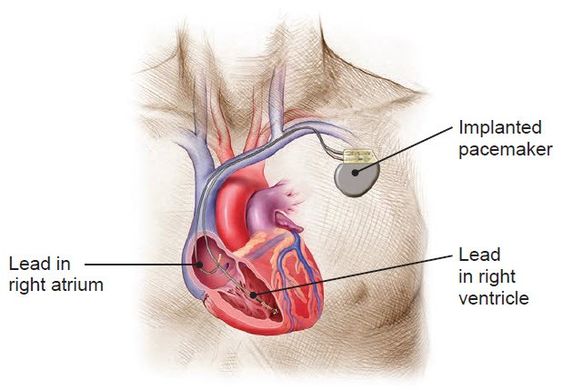Introduction:
A pacemaker implantation is a minimally invasive procedure to implant a small device, called a pacemaker, under the skin of your chest or abdomen. This device sends electrical impulses to your heart to help it beat at a normal rate. Pacemakers are used to treat a variety of heart conditions that cause slow or irregular heartbeats, such as bradycardia and heart block.

Pacemaker implantation is a common and generally safe procedure. While it can significantly improve quality of life for those with heart conditions, many people may feel anxious or have questions about the process. This article will guide you through what to expect before, during, and after a pacemaker implantation procedure.
Understanding Pacemakers and Their Purpose
A pacemaker is comprised of a small battery, a generator, and wires with sensors called electrodes. These components work together to monitor your heart's activity and provide electrical impulses when needed. Your doctor will determine what type of pacemaker and settings are right for your specific condition.
What to Expect During the Procedure
Pacemaker implantation is typically performed under local anesthesia. You will be awake during the procedure but you should not feel any pain. The doctor will make a small incision in your chest and guide the pacemaker leads to the appropriate position in your heart. The procedure typically takes a few hours.
Recovery and Aftercare
After the procedure, you will need to stay in the hospital for a day or two for monitoring. You will receive instructions on how to care for your incision site, manage any discomfort, and gradually return to your normal activities.
Living with a Pacemaker
Living with a pacemaker requires some adjustments, but most people find it easy to adapt. You will need to avoid close contact with strong magnets and electromagnetic fields, as these can interfere with your pacemaker’s function. Regular follow-up appointments with your doctor will be necessary to ensure your pacemaker is functioning correctly and to make any necessary adjustments.

.jpg)